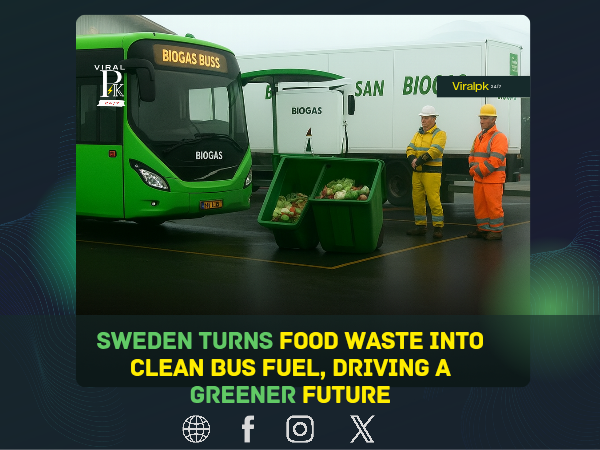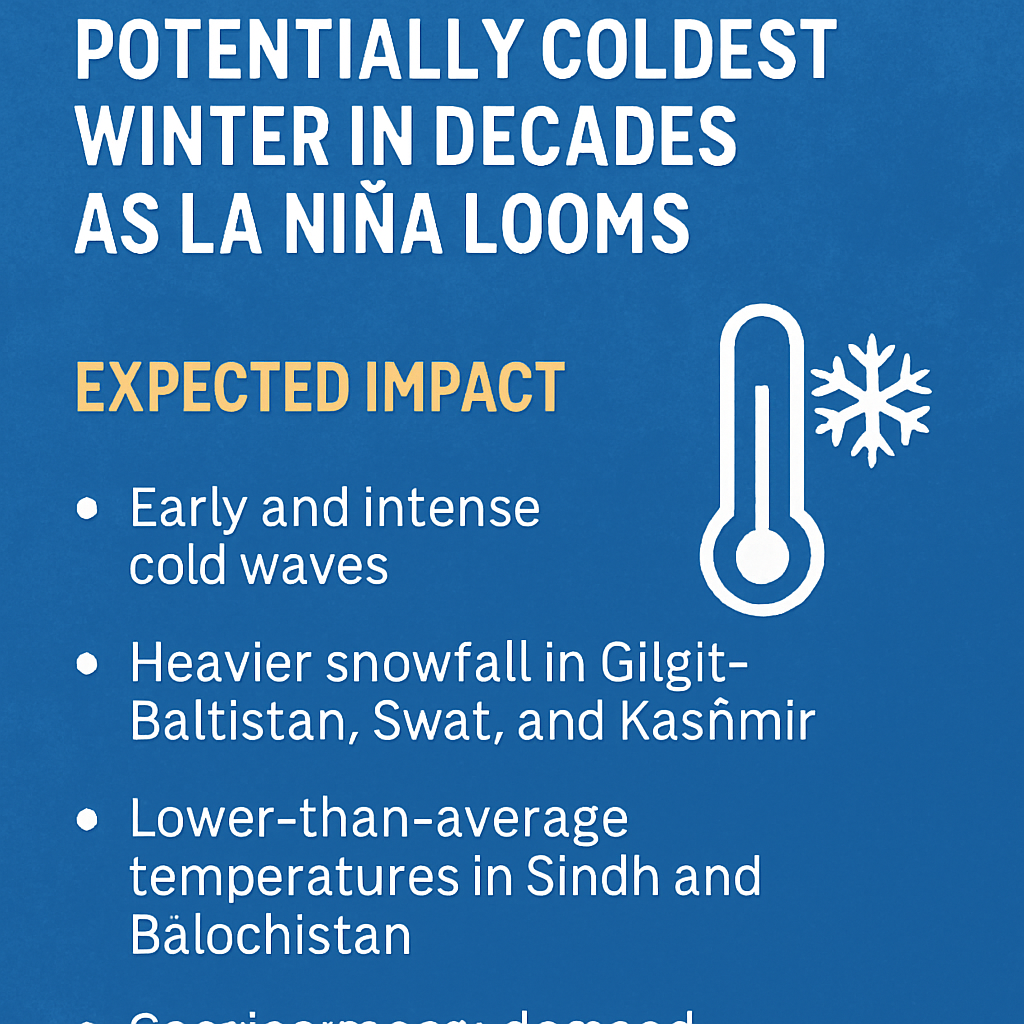Transforming Food Waste into Energy
Sweden is pioneering a remarkable sustainability initiative by converting everyday food scraps into clean fuel for its public transportation system. Through an innovative process, organic waste from homes, restaurants, and supermarkets is collected and transported to specialized biogas plants.
How the Biogas Process Works
At these facilities, microbial decomposition breaks down the food waste, producing biomethane (bio-CNG)—a renewable form of natural gas. This biomethane is then used to power city buses, providing an eco-friendly alternative to fossil fuels while simultaneously cutting greenhouse gas emissions.
Impressive Results Across Cities
Cities such as Västerås, Linköping, and Malmö are leading this effort. In Västerås alone, around 8,879 tons of food waste generated enough biomethane to fuel 21 buses for a full year, preventing the release of more than 1,000 tons of CO₂ into the atmosphere. This demonstrates the significant climate benefits of turning food waste into energy.
Multiple Benefits for Society
Beyond clean transportation, the residual material from the biogas process is repurposed as fertilizer, supporting agriculture and creating a full-circle waste management system. The initiative highlights how Sweden is closing the waste loop while promoting renewable energy and sustainable farming practices.
A Model for the World
Sweden’s success shows how integrating waste management with renewable energy production can help cities worldwide reduce carbon emissions and enhance public transportation systems. It stands as an inspiring example for other nations seeking innovative solutions to environmental challenges.
📌 Disclaimer: This article is for informational purposes only and picture generated by AI.
Follow VIRAL PK 24/7 for more updates.
SEO Keywords: Sweden food waste fuel, biogas public transport, bio-CNG buses, renewable energy Sweden, food scraps to energy, sustainable public transport











